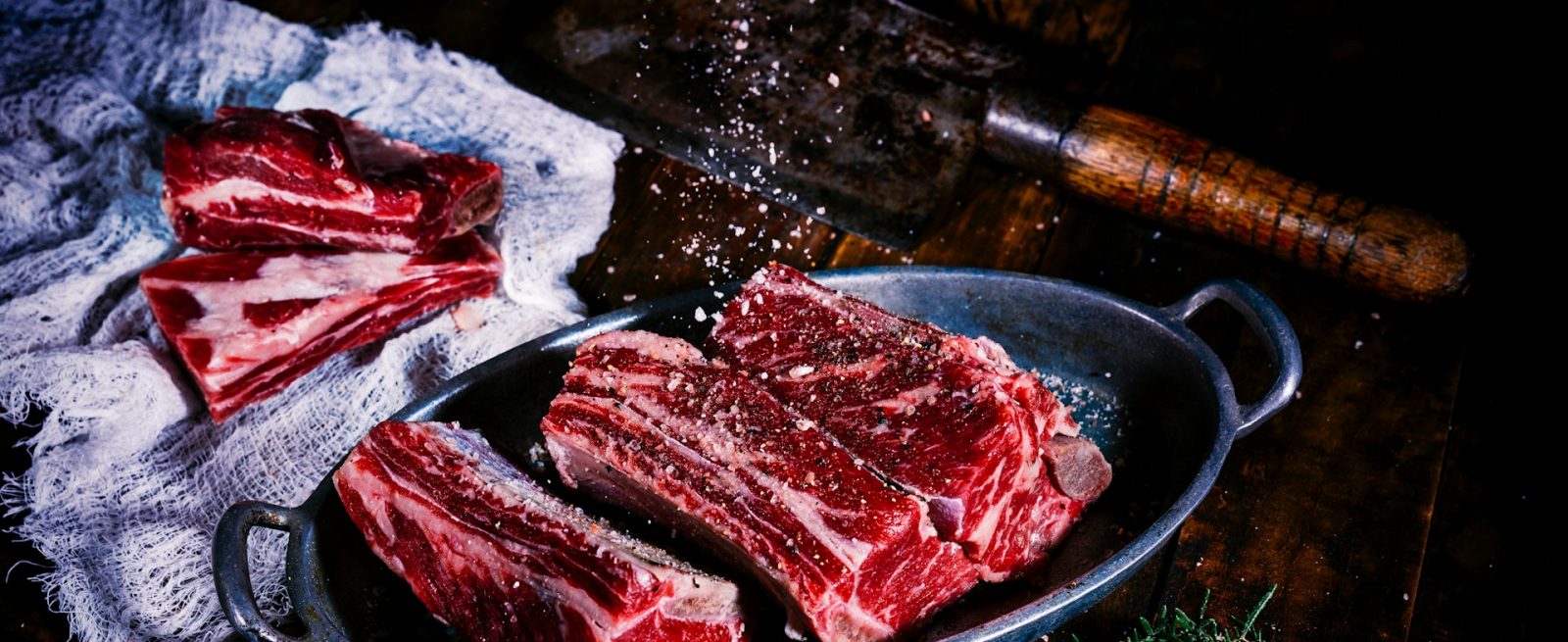Picking the Right Meat Supplier
3 Min Read By Michael Stalter
Choosing the right meat supplier is crucial for restaurants aiming to offer top-notch meals that leave a lasting impression on their patrons. The quality of meat can dramatically affect the taste and overall experience of a dish. Here are several key tips for selecting a meat vendor that meets high-quality standards, ensuring that the meat you serve is of the best quality possible.
Understanding the Origin
The journey of meat from farm to table plays a significant role in its quality. A reliable meat supplier should offer transparency about the origins of their products. This includes detailed information about the ranch where the animals were raised, the breed of the animals, and their upbringing. For instance, in the case of Wagyu beef, it is important to know whether it is Full-Blood or American Wagyu, the specific breeds involved, their diet, and how they were raised. Such detailed knowledge about the meat's origin can help ensure its quality and authenticity.
The Importance of Packaging
Packaging is more than just a way to transport meat; it's a critical factor in preserving its freshness, quality, and flavor. Vacuum sealing and temperature control are modern standards for high-quality meat packaging. These methods help in maintaining the meat's integrity from the supplier to the kitchen. Before choosing a supplier, confirm their packaging practices to ensure they meet these quality standards to prevent spoilage and maintain the meat's premium condition upon arrival.
Meeting Your Expectations
Every restaurant has its unique needs and expectations when it comes to meat. Understanding the different quality grades and cuts available is crucial for meeting these expectations. For example, chefs looking to dry-age a ribeye may prefer a less trimmed cut, whereas a more traditional preparation might call for a cleanly trimmed ribeye ready for grilling. It's essential to work with a vendor who can provide a wide range of options, from basic to gourmet cuts, catering to the diverse needs of your menu.
Sustainability and Ethical Practices
In today's culinary world, sustainability and ethical practices are increasingly important to consumers, who are more aware and concerned about the environmental impact of their food choices and the welfare of animals. When selecting a meat supplier, consider their commitment to sustainable farming and ethical animal husbandry practices. Suppliers that prioritize these aspects often use less water, reduce carbon footprints, and ensure that animals are treated humanely, living in conditions that allow for natural behaviors. This not only aligns with a growing consumer demand for ethically sourced ingredients but also contributes to the overall quality of the meat.
By choosing suppliers who are transparent about their sustainable and ethical practices, restaurants not only elevate their menus with superior quality ingredients but also align themselves with values that resonate with their clientele. This alignment can enhance your restaurant's reputation, appealing to a broader audience that values both taste and ethical consideration.
Building a Relationship with Your Vendor
A good supplier doesn't just sell you meat; they engage in a partnership with your restaurant. This means they should be open to feedback, understand your needs, and consistently provide high-quality products. A vendor who invites feedback and is willing to adapt to meet your specific requirements is a valuable asset to your business.
Selecting the right meat supplier is a pivotal decision for any restaurant aiming to provide exceptional meals. It involves careful consideration of the meat's origin, the quality of packaging, the variety of options available, and the relationship with the vendor. By following these tips and insisting on transparency, quality, and a strong partnership with your supplier, you can significantly enhance the culinary experience offered at your restaurant. Remember, the quality of the meat not only reflects on the dish it becomes part of but also on the reputation of your establishment.

